-
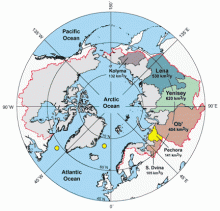
The Arctic Circle is the new circumpolar forum to address Arctic issues. It is the brainchild of Ólafur Grímsson, Iceland’s President and his team comprising of Prince Albert II of Monaco, Greenlandic Prime Minister Kuupik Kleist, U.S. Senator Lisa Murkowski and Russian explorer Artur Chilingarov, who seek to engage a number of stakeholders through an inclusive process. The forum was launched at the National Press Club in Washington in March 2013 and aims to provide opportunities to various stakeholders to present their views on ‘Arctic matters’.
-

The acceptance of the feasibility of the BRICS Development Bank at the recently concluded Fifth BRICS Summit at Durban has sent a shivering effect on a certain section who criticise the very idea.
-
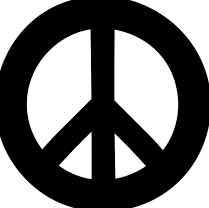
War is not a civilized or dignified way to get hold of rights. Because in wars, national development is arrested, education, economy and technology are left backwards, leaders become cruel and unjust, the military is too expensive, and humans become victims.
-

This World Water Day (22 March 2013) calls for cooperation on transboundary rivers. With 276 transboundary river basins worldwide, it makes sense for countries in the Indian subcontinent and China to consider them seriously. While international institutions are trying to define a working definition of 'water security', will India be able to secure unhindered access to water for living beings across the McMahon line—the source of all perennial rivers flowing through India?
-
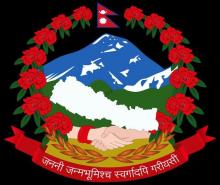
The well-being of a nation depends much on its ability to adapt to changes. Each change brings in new possibilities and also critical risks. Nepal as a nation has witnessed many changes as early as 1950.
-
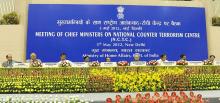
State governments ruled by non-Congress parties opposed the formation of the National Counter Terrorism Centre (NCTC) due to the apprehension of dominant authority, and unilateral action of the centre over states using the agency would challenge their authority. Consequently, the Indian Government has planned to draft a more transparent and accountable proposal for NCTC to pacify the opposition, that the NCTC be kept out of the Intelligence Bureau (IB) and states be given a significant role in counterterrorism activities.
-
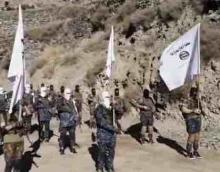
Pakistan has been struggling to cope with a multitude of predicaments ranging from political instability to sectarian intolerance, which often prompts the international community to tag this South Asian nation as a failing state. The homegrown neo-Talibanism in the tribal areas adjoining Afghanistan and Jihadi proxies in areas bordering India continues to pose myriad security challenges for Pakistan’s internal security as well as physical integrity.
-
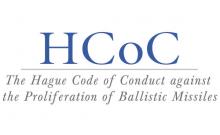
The Hague Code of Conduct against Ballistic Missile Proliferation (HCoC) has completed ten years of its existence. This code was formally enacted on November 25, 2002, at a conference hosted by the Netherlands at The Hague. This was also known as the International Code of Conduct (ICOC). This code is voluntary and not binding in nature, and the subscribing states are expected to furnish annual declarations on missile policy and the pre-launch notifications (PLNs) of missile test launches.
-
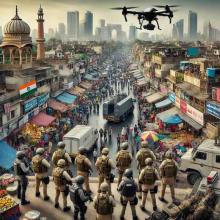
It is significant to look into the background of the accused persons involved in terror attacks and specific events at national and international levels.
-
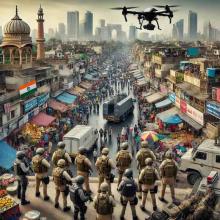
The arrest of the suspects of terror activities in Bangalore, Nanded, and Hyderabad and the low-intensity bomb explosions in Pune on 1 August 2012 are pointing fingers at the involvement of some Indian Muslims. Earlier also, many of the terrorist attacks against cities in India had been conceptualized and planned by Indian Muslims who sought to attack their own country. Despite these events, India has not taken any comprehensive community engagement programme (CEP) to engage the Muslim community to check radicalization, which is a solid tool for controlling homegrown terrorism.
Paxton ported to drupal by DropThemes.in